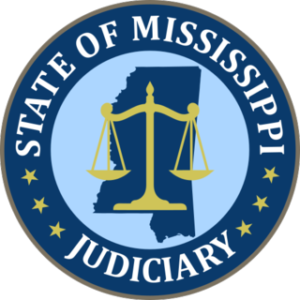December
2013
Mississippi Court of Appeals Holds “Ongoing Operations” Endorsement Does Not Provide Duties to Additional Insured After Completion of Work
Last month, the Mississippi Court of Appeals held that an additional-insured endorsement to a subcontractor’s commercial general liability (CGL) insurance policy did not impose a duty upon the insurer to defend and/or indemnify an additional insured for liability arising after the subcontractor completed its work. The Court further rejected the argument that the doctrines of waiver and estoppel created a duty on the part of the insurer. Noble v. Wellington Associates, Inc., — So.3d —, 2013 WL 6067991 (Miss. Ct. App. Nov. 19, 2013)
In Noble, home builder Noble Real Estate (“Noble”) hired subcontractor Harris Construction Company (“Harris”) to perform dirt work and site preparation for a new home. Id. at *1. Harris obtained an additional-insured endorsement to its CGL insurance policy issued by Ohio Casualty Insurance and named Noble as an additional insured. Id. The coverage provided under the endorsement was limited to “liability . . . caused in whole or in part by [Harris’s] ongoing operations performed for [Noble].” Id.
After Harris completed its work, Noble built a house on the site. Id. at *1-2. Ultimately, the purchasers of the home sued Noble, alleging that foundation issues related to faulty dirt work led to cracks in the home. Id. at *2. Noble sought coverage from Ohio Casualty pursuant to the additional-insured endorsement. Id.
However, the circuit court granted the insurer’s motion for summary judgment on all issues. Id.
The Court of Appeals affirmed, finding that “the endorsement protected Noble against lawsuits arising out of accidents occurring during the time Harris performed dirt work—it was not a performance bond guaranteeing Harris’s dirt work.” Id. at *1.In other words, the Court found that “[b]ecause the endorsement was clear that it only covered liability that arose from ‘ongoing operations,’ and because the homeowners’ damage did not arise until well after Harris had completed its operations, the homeowners’ claims against Noble did not trigger coverage under the additional-insured endorsement.” Id. (emphasis in original).
The Court also rejected Noble’s argument that, under the “quasi-contractual theories of waiver and estoppel,” Ohio Casualty still had a duty to defend and indemnify Noble even if the homeowners’ claims were not covered by the additional-insured endorsement. Id. at *6. In reaching its conclusion, the Court noted the long-standing principle of Mississippi law that “[w]aiver or estoppel cannot operate so as to bring within the coverage of the policy property, or a loss, or a risk, which by the terms of the policy is expressly excepted or otherwise excluded.” Id. (citations omitted).
For a copy of the court’s decision click here




